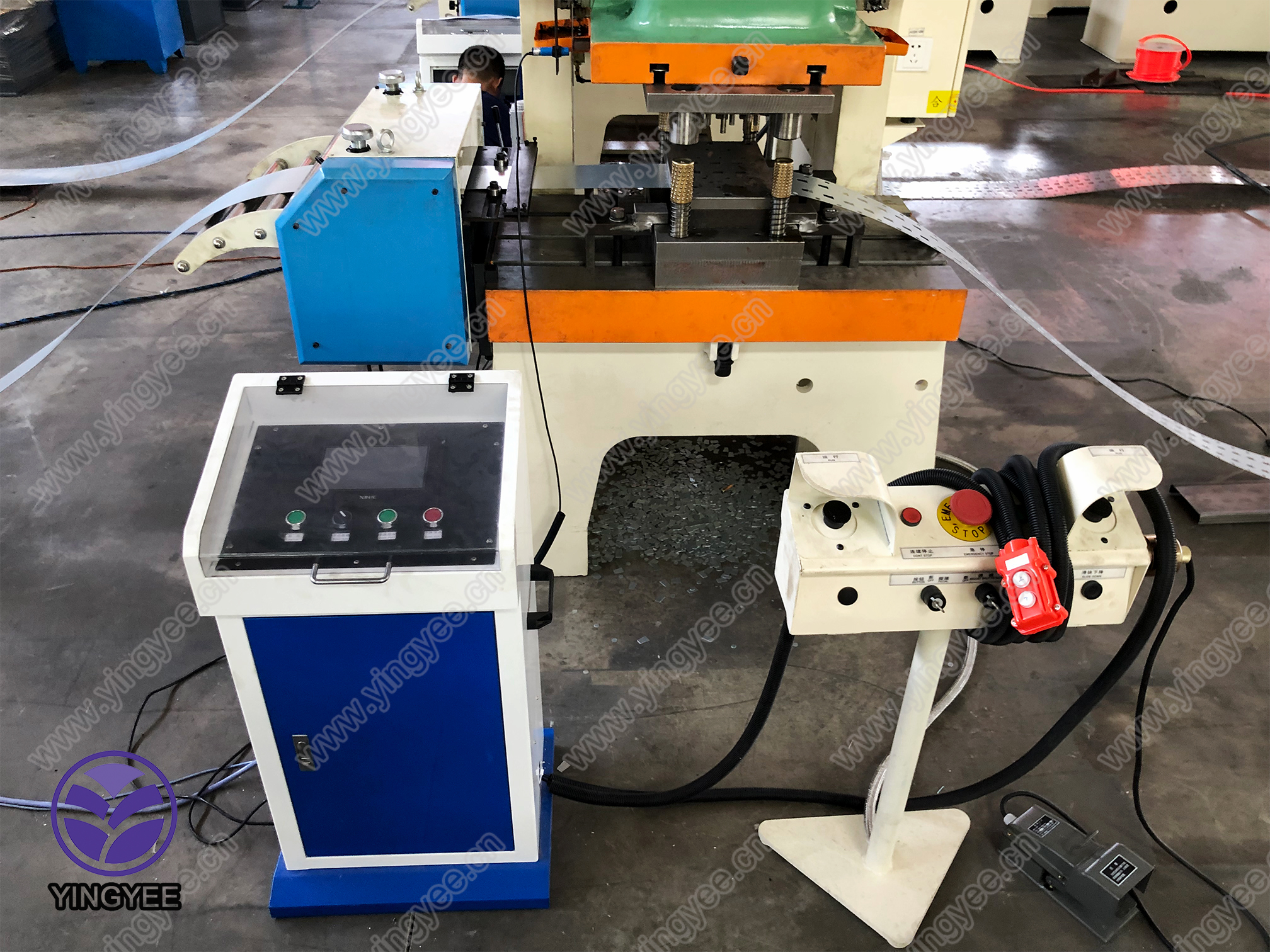
The Evolution and Importance of Drywall Making Machines
In the world of construction, the need for efficient and reliable building materials has never been more significant. Among these materials, drywall has emerged as a preferred choice due to its versatility, affordability, and ease of installation. As the demand for drywall continues to grow, the manufacturing process has also evolved, particularly with the advent of advanced drywall making machines.
What is Drywall?
Drywall, also known as gypsum board, wallboard, or plasterboard, is a construction material made from a core of gypsum plaster, sandwiched between two thick sheets of paper or fiberglass. It is mainly used for interior walls and ceilings and has become a staple in modern building practices because it provides a smooth finish and good thermal and acoustic insulation.
The Significance of Drywall Making Machines
Drywall making machines are crucial in the production process, enabling manufacturers to produce large quantities of drywall sheets efficiently. These machines automate what was once a labor-intensive process, minimizing human error and maximizing productivity.
Modern drywall manufacturing involves several stages, including mixing the raw materials, forming the drywall sheets, drying, cutting, and packaging. Each of these stages can be optimized using specialized machinery, resulting in a more streamlined operation.
1. Raw Material Mixing The process begins with the careful mixing of gypsum powder with water and additives. Drywall making machines are equipped with powerful mixers that ensure a consistent and high-quality blend, which is crucial for the integrity of the final product.
2. Sheet Formation Once the mixture is ready, it is subjected to a forming process. This involves spreading the gypsum paste onto a long sheet of paper or fiberglass mat. Automated drywall machines can adjust the speed and thickness of the paste accurately, producing sheets of uniform dimensions.
3. Drying Process After the sheets are formed, they need to be dried to remove excess moisture. Advanced drying systems, often integrated into the production line, utilize hot air and other technologies to efficiently dry large volumes of drywall sheets without compromising their quality.

4. Cutting and Finishing Once dried, the sheets are cut to size and finished. Automated cutting machines can operate swiftly and precisely, reducing waste and ensuring each sheet meets exact specifications.
5. Packaging Finally, the finished drywall sheets need to be packaged for distribution. Automated packaging systems allow for the efficient wrapping and bundling of sheets, ready for shipment to construction sites.
Benefits of Advanced Drywall Making Machines
The introduction of modern drywall making machines has brought several benefits to manufacturers and the construction industry as a whole
- Increased Efficiency By automating various stages of production, these machines significantly reduce the time it takes to produce drywall. This efficiency translates to lower operational costs and faster turnaround times for builders.
- Quality Control Consistency is key in construction materials. Advanced machinery ensures that each sheet of drywall produced meets strict quality standards, minimizing defects and ensuring durability.
- Sustainability Many modern drywall making machines are designed to minimize waste, both in terms of raw materials and energy consumption. This eco-friendly approach is increasingly important in today’s environmentally conscious market.
- Flexibility With the capability to produce various sizes and types of drywall, manufacturers can quickly adapt to changing market demands. Whether for residential, commercial, or specialized applications, these machines can be adjusted accordingly.
Conclusion
In conclusion, drywall making machines play an indispensable role in the construction industry. They not only enhance production efficiency but also contribute to the consistent quality and sustainability of drywall materials. As building projects continue to evolve, the demand for innovative and high-performing machinery will likely expand, ensuring that the construction sector can keep pace with the needs of modern society. The future of drywall manufacturing looks promising as technology continues to advance, paving the way for even more efficient and sustainable production processes.